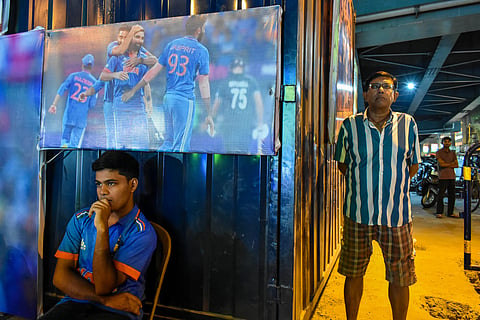The Tao of cricket revisited
Untrained in political theory and unversed in the discipline of cultural studies, I had thought that the story of cricket in India told in The Tao of Cricket (first published in 1989) could be a handy trope for having my say on the tragicomic spectacle of an ancient society running breathlessly to become a modern nation-state. I felt the story worth telling since India's intellectual and media elite seemed to love that panting, perspiring race and eager to pay the price of the deculturation and homelessness that often went with it. The diseases of the rich and the powerful have a charm of their own.
Precisely because its political analysis was unacceptable and painful, The Tao of Cricket has been read more as a cultural history of cricket than as a deviant political psychology of popular culture. As a result, many have been unhappy. Cricket lovers have felt betrayed because the book is not adequately sensitive to the nuances of the game; the serious scholars have been unhappy because of the levity of my tone and cursory treatment of weighty issues like state, nationalism, popular religion, development and progress. To a lot of Indians though, my story of cricket might have been a disappointment, but not its politics.

